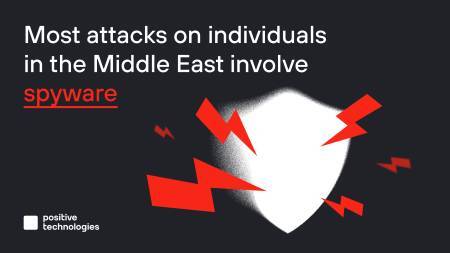Healix International, the global travel risk management and international medical and security assistance provider, has published a report outlining the potential security risks in 2019 facing businesses that have employees working and travelling abroad. James Pothecary, Regional Security Coordinator, believes the report underlines the need for organisations sending workers abroad to employ a wide-ranging scope when it comes to risk assessment and mitigation.
“The range of risks now present for those working abroad is probably at its broadest for decades. Not only are there the usual risks of terrorism, but the insidious threat of cyber-crime can undermine employee security, even in countries otherwise thought to be ‘safe’.
“And, of course, there really isn’t any country that is ‘safe’ any more – indeed extremist groups appear to target the countries that were previously thought to be ‘safe’ to give added weight to the message they intend to send.”
The Healix International Risk Oracle Report for 2019 provides valuable insight for all of those involved in employee security and risk management. Key risks identified include:
Cyber-attacks
If global incidents such as the 2017 ‘WannaCry’ ransomware attack propelled the threat into public consciousness, then 2018 was the year that this shadow industry matured into a full-scale criminal economy.
Conservatively estimated to be worth over 1.5 trillion US dollars, cyber-crime goes beyond simple criminality for financial gain. The cyber sphere is being increasingly exploited as a disruptive tool by nation states, forcing countries to respond by developing their own cyber-security forces. Yet, both corporate and national cyber-security units have found themselves forced on the defensive against shadowy networks driven by ideology, greed and technical curiosity. In the cyber-conflicts of 2018, it was the disrupters who triumphed.
Far-right extremism
In 2019, the increased normalisation of far-right political discourse across the globe will continue to drive radicalisation. Far-right groups are increasingly organised, and will be further bolstered by the absorption of new recruits. Intelligence agencies, which have for the past several decades been overwhelmingly concerned with Islamist political violence, will struggle to detect and neutralise these groups, particularly as far-right communities proliferate on the internet.
Terrorism is ubiquitous in modern society
Whilst in real terms political violence is actually – for the third year in a row – declining, terrorism is a critical threat facing modern society. During 2018 the Healix Counter-Terrorism Desk predicted that the rapidly developing field of unmanned aerial vehicles (UAVs) was an increasingly attractive asset for terrorist threat actors. Not only does the use of UAVs dramatically reduce the risk to the terrorist operative, but ‘the threat posed by nascent unmanned vehicle technologies is accentuated by outdated security perimeter arrangements’. Simply put, security managers have not evolved to consider air-denial outside of the most extreme-risk conflict zones.


























